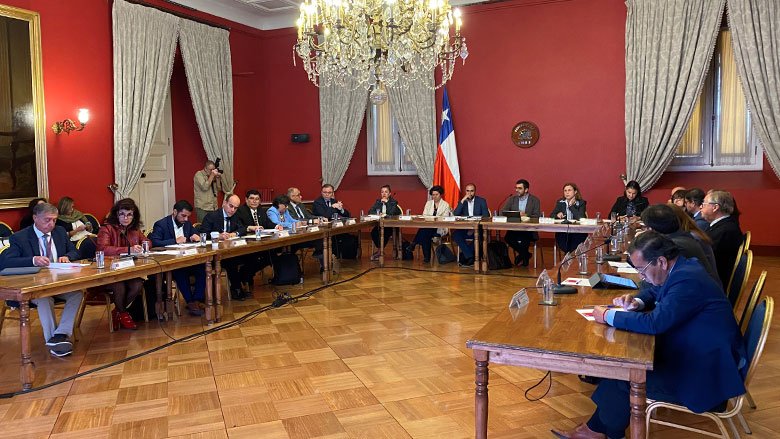The COVID-19 pandemic triggered the worst educational crisis of the last century. Not only has primary and secondary education been affected by school closures, but higher education has also faced significant challenges.
During this period, young people have not had equitable access to remote learning. Many have not been able to continue their studies and must enter a transforming job market that demands the development of new skills.
In Chile, the World Bank is helping public universities to face these challenges. The project “Strengthening of State Universities,” which was approved in 2017 and concludes in June of this year, has made significant achievements in terms of quality and equity, despite the difficult situation left by the pandemic.
Third-year dropout among the most vulnerable students was reduced by almost 10 percent, from 36.6 percent in 2018 to 26.8 percent in 2022. The number of research projects awarded to these universities and the number of professors with doctorates also increased.
Osvaldo Corrales, president of the Consortium of Chilean State Universities and dean of Universidad de Valparaíso, stated that this project has allowed the public university system to be strengthened as a whole. “We have seen improvements in all relevant indicators of university performance: improvements in quality, in teaching and scientific productivity indicators, and in each institution’s engagement with its local community.”
Collaboration between public universities
In addition to academic and research outcomes, the project has fostered cooperation between institutions of different sizes and locations across the country. Universities have worked together on cross-cutting challenges in areas of gender, climate change, and more.
“The project has helped strengthen the idea of a public university system. It has underscored the value of collaborative work and inclusion, putting aside some of the competition we have in the higher education system,” said Marisol Durán, dean of Universidad Tecnológica Metropolitana.
Rosa Devés, dean of Universidad de Chile, said that the initiative has helped the university system establish itself and also overcome challenges in higher education today. “For example, we have worked on gender inequality, equity and inclusion, the quality of education, and the creation of common indicators and information for the entire system. We have learned a lot from this program and above all, we have changed,” she concluded.
This project, which has supported the implementation of the Higher Education Law, is part of the long-standing collaboration between Chile and the World Bank in the area of education. In 1965, the country received the multilateral organization's first loan for adult vocational training and the first loan for human resource development in Latin America and the Caribbean. Since the 1990s, the World Bank has worked continuously with Chile on specific projects to improve the quality of primary, secondary, and tertiary education.
“The pandemic has highlighted many of the weaknesses in the region's education systems, from elementary to higher education. We must continue focusing on equity and inclusion, and make sure all programs offer similar quality. We must stay relevant and ensure that higher education programs are truly appropriate to the needs of both national and local labor markets. We have to make sure young people acquire the skills they actually need,” said Emanuela di Gropello, practice manager for Education in Latin America and the Caribbean, who was in Chile to attend the project closure meeting. She concluded that it is also important to consider other options such as vocational and professional training, which provide valuable skills in less time.

